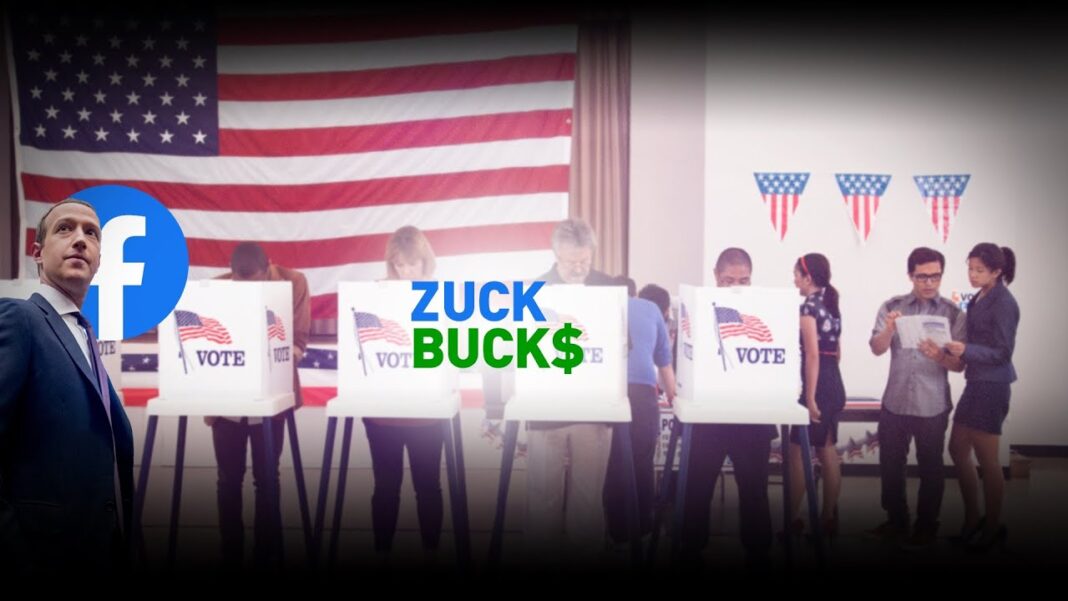This month, conservative critics of environmental, social, and governance (ESG) investing had something of a surprise—an almost-simultaneous attack on their views from both left and right mounting remarkably similar arguments. Writing for CNBC recently, Democratic Sen. Sheldon Whitehouse, the Senate’s climate-denier-witch-finder-in-chief, together with Sens. Brian Schatz and Martin Heinrich, denounced state Republican officials for their stand against financial institutions whose anti-fossil-fuel policies damage their states’ economies.
These elected officials, the senators wrote, are engaged in a purely ideological, anti-capitalist crusade against free-market principles.
Ten days earlier, from the right, American Affairs senior editor Julius Krein launched a 4,800-word broadside on ESG’s conservative critics. They don’t understand, Krein suggested, that ESG is an outgrowth of shareholder primacy, the very thing they believe in.
Thus, both ends of the political spectrum end up on the same page, accusing pro-market, anti-ESG critics of subverting free-market principles.
The old left and new right are converging in other areas. The trio of Democratic senators write of the “significant economic risks” of not transitioning to a low-carbon economy. Krein agrees. Major environmental catastrophes are generally bad for business, he writes. Clean energy also gets the nod. It’s the future, Klein avers, and missing out on it represents “a major business risk.” Krein even supports some aspects of the corrosive diversity, equity, and inclusivity (DEI) component of ESG. Disney, he suggests, “can easily make a prima facie case that its management should reflect the demographics of its target audience.”
In getting to this point, Krein does not disclose the role of the U.N. in the origins of ESG, a detail that might spoil his narrative of ESG as an efflorescence of shareholder supremacy. Krein’s essay links to a 2004 report, ”Who Cares Wins,” its first page carrying the logos of the U.N. and the Swiss Federal Department of Foreign Affairs. The report had been produced under the auspices of the financial sector of the U.N. Global Compact. Neither does Krein mention that the Global Compact had been launched five years earlier at Davos, Switzerland, by Kofi Annan when he was U.N. secretary-general.








